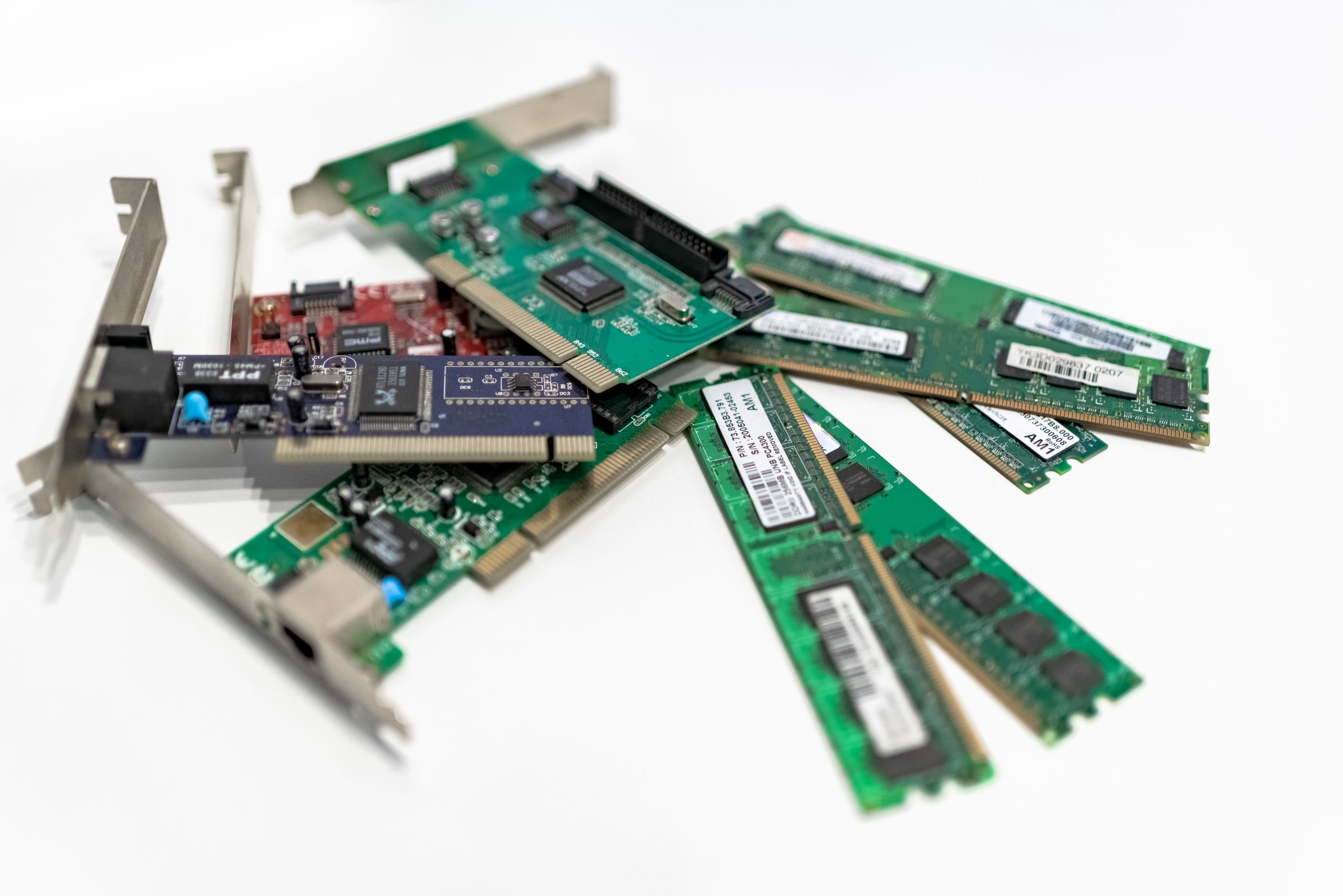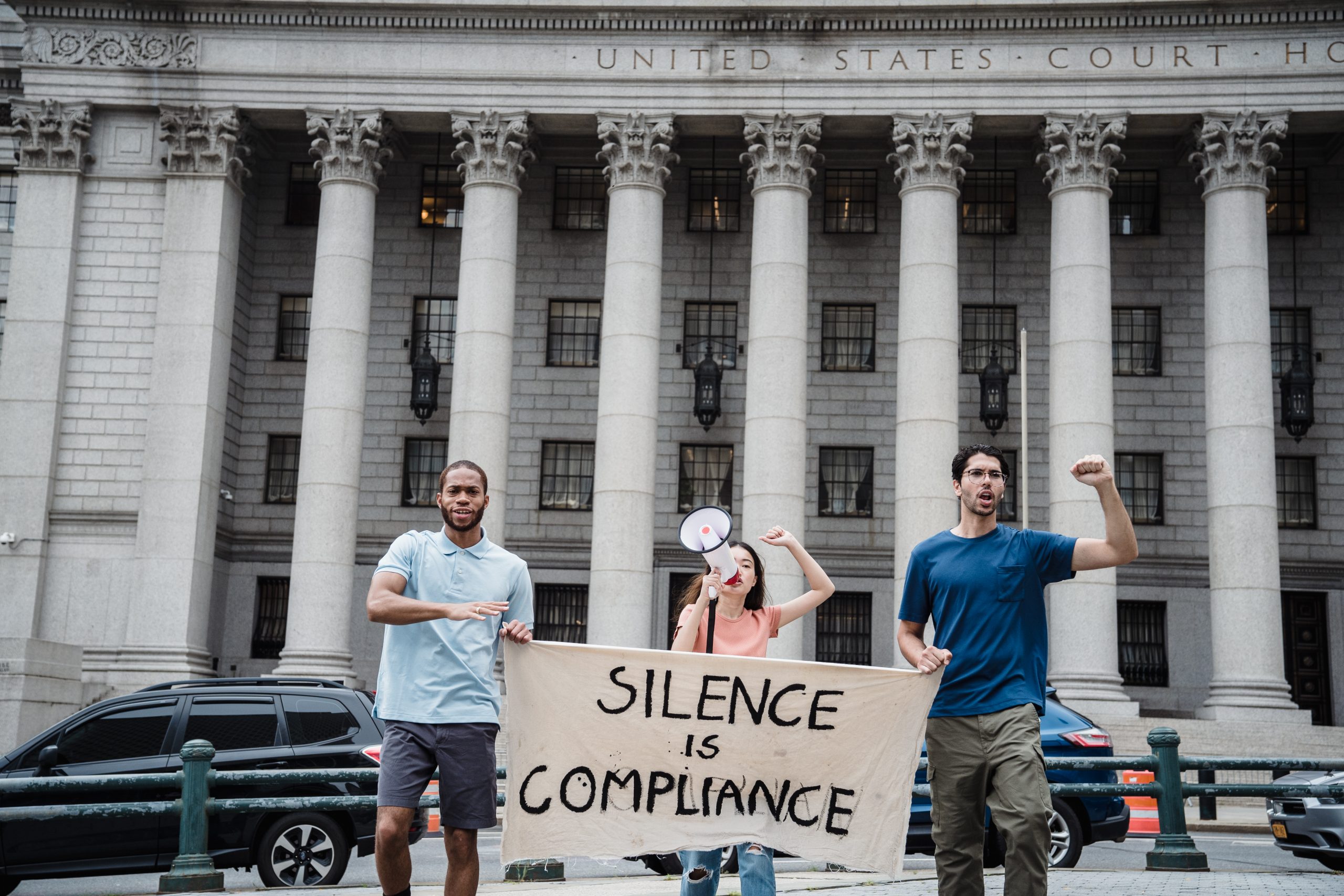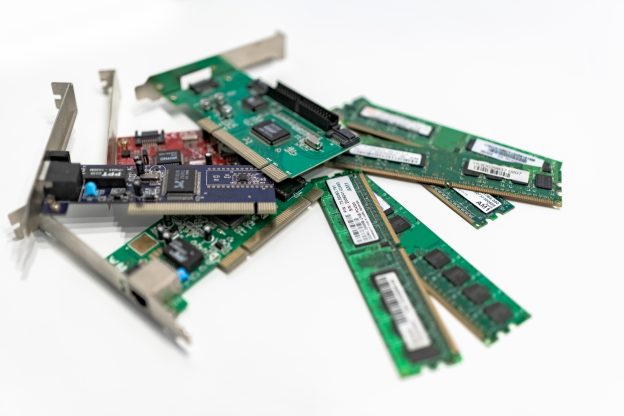In the world of business, ensuring the security of customer payment information is of utmost importance. This is where PCI compliance comes into play. PCI compliance refers to the standards and practices that businesses must adhere to in order to securely handle credit card and debit card information. Understanding these requirements is crucial for businesses, as failing to comply can result in serious consequences, such as hefty fines and reputational damage. In this article, we will explore the significance of PCI compliance and provide valuable insights into the topic. Additionally, we will address some frequently asked questions to further clarify the intricacies of this subject matter.
What is PCI Compliance?
Definition of PCI Compliance
PCI Compliance refers to the set of standards and requirements established by the Payment Card Industry Security Standards Council (PCI SSC) to ensure the security of credit card transactions. It involves following specific protocols and implementing necessary security measures to protect cardholder data and maintain a secure payment environment.
Purpose of PCI Compliance
The purpose of PCI Compliance is to protect the sensitive information of credit cardholders and prevent unauthorized access or misuse. By adhering to the PCI standards, businesses can minimize the risk of data breaches, fraud, and financial losses. Compliance ensures that businesses meet industry best practices and maintain a secure network infrastructure to safeguard customer data.
Benefits of PCI Compliance
PCI Compliance offers several benefits to businesses that accept credit card payments. Firstly, it helps build trust and credibility with customers, assuring them that their sensitive information is being handled with utmost care. Compliance also reduces the risk of data breaches, which can result in legal liabilities, financial losses, and damage to the company’s reputation.
Furthermore, adhering to PCI standards enhances overall security measures, reducing the likelihood of cyberattacks and fraud attempts. This, in turn, leads to improved operational efficiency and cost savings by minimizing the need for incident response, remediation, and potential fines.
Who Needs to Comply with PCI Standards?
Businesses that Accept Credit Card Payments
Any business that accepts credit card payments from customers is mandated to comply with PCI standards. This includes both brick-and-mortar establishments and online businesses. Regardless of the size or nature of the business, compliance is mandatory to ensure the protection of cardholder data.
Online Businesses
Online businesses, in particular, need to be vigilant about PCI compliance due to the inherent risks associated with e-commerce transactions. As online payment processing involves transmitting and storing sensitive customer data electronically, cybersecurity measures must be implemented at every step to safeguard the information.
Merchant Levels
PCI Compliance requirements vary based on the merchant level assigned to a business. The PCI SSC has categorized merchants into four levels, depending on the number of credit card transactions processed annually. Level 1 encompasses businesses with the highest volume of transactions, while Level 4 includes those with the lowest. Each level has specific compliance requirements, with higher levels mandating stricter security controls.

PCI Compliance Requirements
To achieve and maintain PCI compliance, businesses are required to implement measures across various domains:
Building and Maintaining a Secure Network
This requirement involves the installation and maintenance of firewalls, regular network monitoring, and restricting access to cardholder data. Segmentation of networks is also essential to minimize the scope of potential breaches.
Protecting Cardholder Data
Businesses must encrypt cardholder data during transmission and storage. Strong encryption protocols should be implemented to ensure the confidentiality and integrity of the data.
Maintaining a Vulnerability Management Program
To address potential network vulnerabilities promptly, businesses need to continuously update and patch systems, as well as conduct regular vulnerability scans and penetration testing.
Implementing Strong Access Control Measures
Access restrictions should be enforced to ensure that only authorized personnel have access to cardholder data. Unique IDs, secure passwords, and two-factor authentication are effective measures to prevent unauthorized access.
Regularly Monitoring and Testing Networks
Continuous monitoring of networks, systems, and applications is essential to identify and address any security threats. Regular testing, including penetration testing and vulnerability assessments, should also be conducted to ensure the effectiveness of security controls.
Maintaining an Information Security Policy
The development and implementation of an information security policy is crucial to guide employees and stakeholders in complying with PCI standards. The policy should outline procedures for data protection, incident response, and employee training.
The Role of PCI Compliance Forums
What are PCI Compliance Forums?
PCI Compliance Forums are online communities and platforms that bring together individuals and organizations interested in discussing and sharing information about PCI compliance. These forums provide a platform for professionals, security experts, and business owners to exchange knowledge, seek advice, and address challenges related to PCI compliance.
Benefits of Participating in PCI Compliance Forums
Participating in PCI Compliance Forums can provide various benefits for businesses. Firstly, these forums offer an opportunity to learn from industry experts and gain insights into the latest trends and best practices in PCI compliance.
Moreover, forums allow businesses to collaborate and seek guidance from peers who have faced similar challenges. By engaging in discussions and sharing experiences, businesses can find practical solutions to their compliance requirements.
Discussion Topics in PCI Compliance Forums
The topics discussed in PCI Compliance Forums can range from general compliance queries to specific technical aspects of implementing security controls. Some common discussion topics include best practices for network security, strategies to ensure secure cardholder data storage, scope reduction techniques for PCI compliance, and strategies for achieving compliance certification.

Finding PCI Compliance Forums
Searching Online Communities
A simple online search can help identify PCI compliance forums and communities. Many online platforms host discussions related to PCI compliance, and joining such communities can provide valuable resources and opportunities to engage with experts in the field.
Industry-Specific Forums
Industry-specific forums or associations may have dedicated spaces or sub-forums related to PCI compliance. These forums cater to the unique compliance needs of specific industries, such as healthcare, retail, or hospitality.
PCI Security Standards Council (PCI SSC) Community
The PCI SSC, the governing body responsible for PCI standards, offers a community platform for individuals and organizations to connect and share knowledge. The PCI SSC Community allows members to join different groups based on their areas of interest or expertise within PCI compliance.
Participating in PCI Compliance Forums
Creating an Account
To participate in PCI Compliance Forums, one typically needs to create an account on the respective platform. This usually involves providing basic contact information and agreeing to the forum’s terms and guidelines.
Posting Questions and Topics
Once registered, users can post questions, topics, or discussions related to PCI compliance. It is essential to provide clear and concise information about the issue or query to attract relevant responses.
Responding to Other Users
Engaging in discussions that others have initiated is an integral part of participating in PCI Compliance Forums. Users can respond to questions, provide insights, share experiences, or offer advice based on their own expertise and knowledge.
Following Forum Guidelines
It is crucial to adhere to the guidelines and rules set by the forum administrators. This includes maintaining a respectful and professional tone, refraining from solicitation or spamming, and respecting the privacy and confidentiality of other users.
Tips for Engaging in PCI Compliance Forums
Researching Before Posting
Before posting a question in a PCI Compliance Forum, it is advisable to conduct some initial research to ensure that the query hasn’t already been answered. Checking the forum archives or using the search feature can help avoid redundancy and save time.
Providing Accurate and Detailed Information
When posting questions or seeking advice, it is important to provide accurate and detailed information about the issue at hand. This ensures that other users can fully understand the context and provide relevant insights or solutions.
Respecting Other Users
Respectful and professional communication is key in PCI Compliance Forums. Users should express their opinions and disagreements respectfully, refraining from personal attacks or offensive language. Mutual respect fosters a productive and inclusive forum environment.
Contributing Positively to Discussions
Contribute positively to discussions by sharing relevant insights, experiences, or resources. By actively engaging in discussions and offering valuable contributions, users can build their reputation and network within the forum community.
Common Questions Discussed in PCI Compliance Forums
How Do I Become PCI Compliant?
PCI Compliance Forums often address queries related to the process of achieving PCI compliance. Users can seek guidance on the necessary steps, documentation, and security controls required to comply with PCI standards.
What Are the Consequences of Non-Compliance?
Businesses often have concerns about the consequences of failing to comply with PCI standards. Forum discussions may shed light on the potential legal liabilities, loss of customer trust, financial penalties, and reputational damage associated with non-compliance.
How Can I Securely Store Cardholder Data?
Protecting cardholder data is a crucial aspect of PCI compliance. Forums can provide insights and strategies for secure data storage, including encryption methods, tokenization, and best practices for secure transactions.
What Are the Best Practices for Network Security?
Network security is a vital component of PCI compliance. Users often seek advice on implementing and maintaining robust firewalls, intrusion detection systems, and network segmentation strategies to improve their overall security posture.
How Can I Reduce the Scope of PCI Compliance?
Reducing the scope of PCI compliance can help businesses streamline their efforts and focus on critical areas. Forums may discuss techniques such as tokenization, outsourcing cardholder data storage, and network segmentation to minimize PCI compliance requirements.

Hiring a Lawyer for PCI Compliance
Importance of Legal Assistance
Seeking legal assistance for PCI compliance can provide businesses with expert guidance and ensure adherence to legal requirements. A lawyer well-versed in PCI compliance can assess a business’s specific needs and tailor compliance procedures accordingly.
Reviewing Compliance Procedures and Policies
A lawyer can help review and update compliance procedures and policies to ensure they conform to current PCI standards. This includes examining data security practices, incident response protocols, and employee training programs.
Assistance with Compliance Audits
Lawyers experienced in PCI compliance can assist businesses in preparing for compliance audits by conducting internal assessments, identifying gaps, and developing corrective action plans. They can also represent businesses during regulatory audits, ensuring proper communication and documentation.
Handling Data Breaches
In the unfortunate event of a data breach, a lawyer specializing in PCI compliance can guide businesses through the necessary steps to mitigate the impact of the breach. They can assist in compliance with breach notification requirements, manage potential legal actions, and coordinate with regulatory authorities.
Defending Against Legal Actions
In cases of alleged non-compliance or legal actions related to PCI compliance, a lawyer can provide legal representation and help protect a business’s interests. They can assist in building a strong defense strategy and represent the business during legal proceedings.
FAQs about PCI Compliance Forums
Can PCI Compliance Forums provide legal advice?
PCI Compliance Forums generally do not provide legal advice, as they are community platforms for information sharing and discussion. It is advisable to consult with a qualified lawyer for specific legal guidance related to PCI compliance.
Are there any costs associated with joining PCI Compliance Forums?
Most PCI Compliance Forums are free to join, and no membership fees are required. However, specific forums or platforms may offer premium features or services for a fee. It is essential to review the terms and conditions of the forum before joining.
Do PCI Compliance Forums offer certification?
PCI Compliance Forums typically do not offer official PCI compliance certifications. Compliance certification is obtained through independent assessments conducted by Qualified Security Assessors (QSAs) or internal security teams. Forums, however, can provide insights and guidance on achieving compliance.
Can I remain anonymous in PCI Compliance Forums?
Most forums allow users to create a username or handle that does not reveal their real identity. However, certain forums may require users to register with their actual names or professional affiliations. It is advisable to review the forum’s privacy policy before participating.
How can I ensure the information shared in the forum is accurate?
While forums serve as valuable platforms for information sharing, it is essential to verify information and cross-reference it with trusted sources. Checking official PCI SSC guidelines, consulting qualified professionals, or conducting independent research can help ensure the accuracy of shared information.
